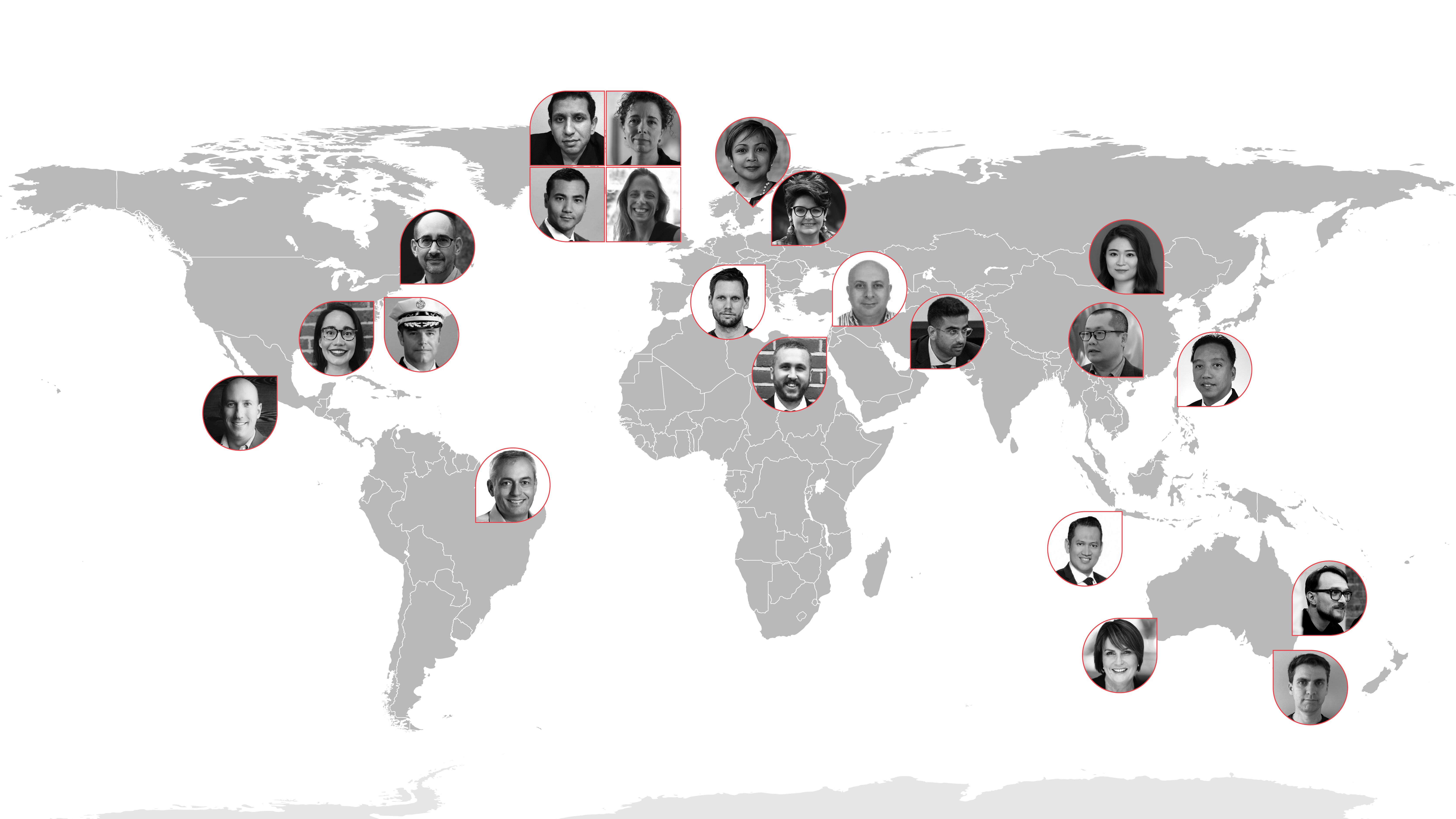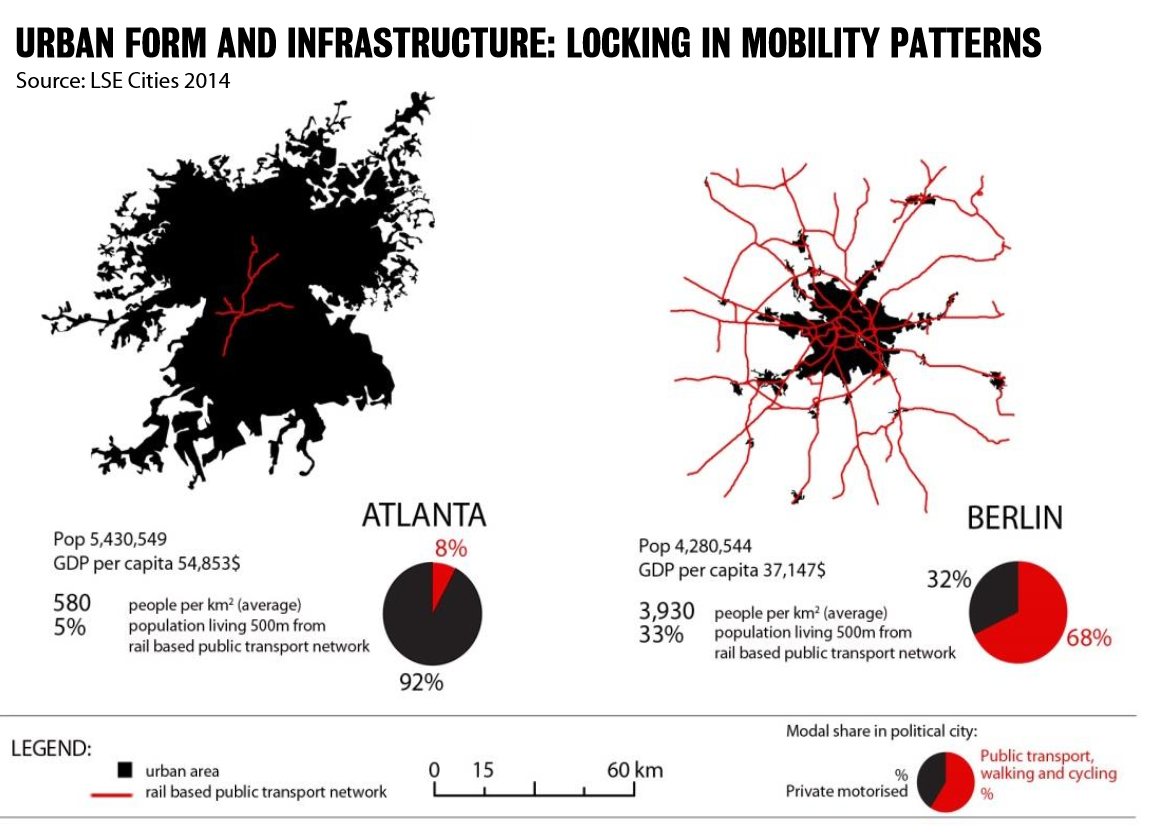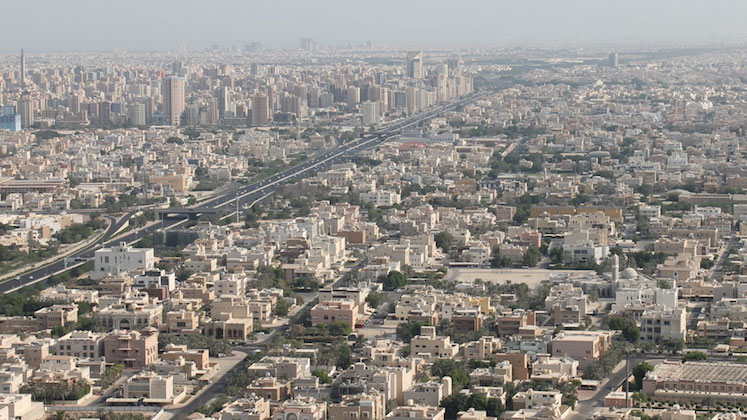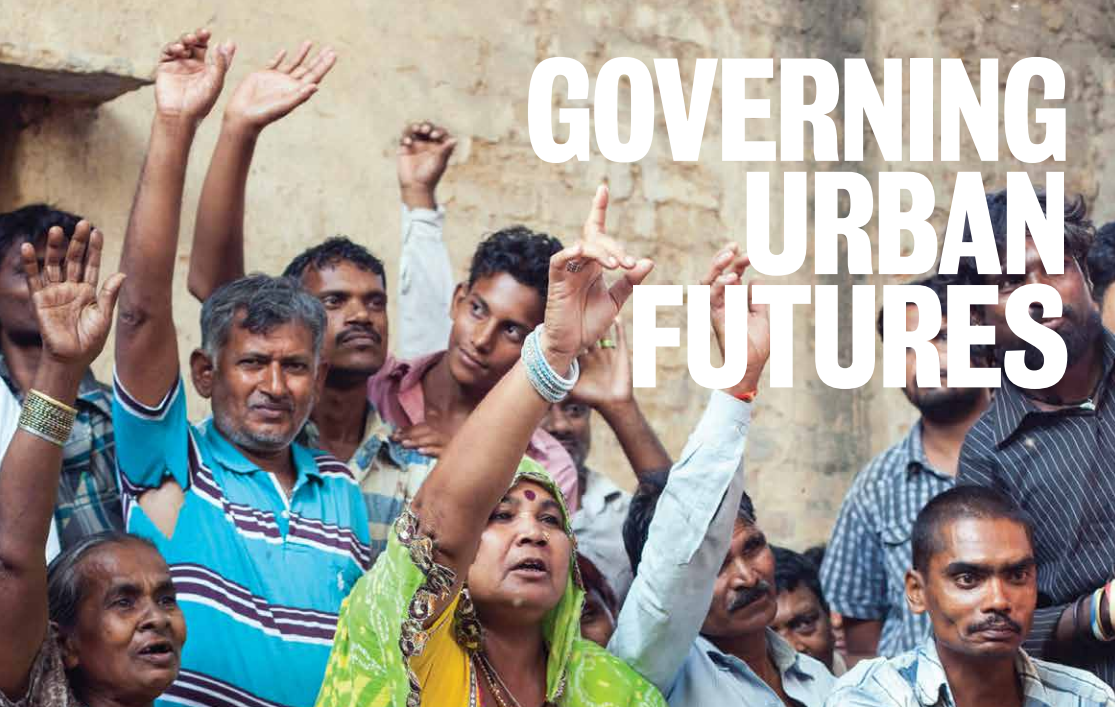There is much to reflect on since LSE Cities began operating in January 2010. In this time, the world's population increased by nearly one billion. Today, about 55 per cent of people live in cities. As the challenges of rapid urbanisation, the climate crisis and rising inequality continue to mount, cities have increasingly become the battleground on which these urgent issues will be won or lost.
Through its research, education programmes, advisory work, and outreach, LSE Cities has been part of the global effort to better understand the complexities and opportunities of the 21st-century city. In the last decade, the international centre has conducted 44 research projects, started two executive education courses, published nine books and about 50 peer-reviewed articles, produced about two dozen research reports, hosted more than 25 visiting fellows, and held eight Urban Age conferences and hundreds of public lectures and research seminars.
On this occasion, LSE Cities Executive Director Philipp Rode has highlighted some of the work that stood out him in the Centre's 10-year history.
Setting up and running the Executive MSc in Cities
 About the Executive MSc in Cities
About the Executive MSc in Cities
About the Executive MSc in Cities
About the Executive MSc in Cities
Since the Executive Masters in Cities, or EMC, was launched in 2016, 92 participants representing nearly 70 cities across the public, private, and third sectors have joined the programme.
Designed around the popular 'learning while working' model, the EMC is tailored to urban professionals looking to better understand cities and rethink the way their organisations deliver large-scale change.
The 18-month programme draws on LSE Cities's own expertise and guest lecturers working at the forefront of urban issues to train the urban leaders of tomorrow. Its network now includes a Member of European Parliament working to deliver low-carbon solutions, a participant whose consultancy project on gender discrimination in refugee housing has now become a reference point in the shelter sector, a global leader on child-friendly city design, and a regional director of the C40 Cities Climate Leadership Group.
For Rode, who co-directs the EMC, "it has been incredibly rewarding to translate research and advisory insights into executive education modules," and to bring together an "inspiring group of participants and lecturers".
In under four years, the EMC has become recognised internationally. Parks Tau, President of United Cities and Local Governments (UCLG) and former mayor of Johannesburg, remarked that the EMC was "making an important contribution to advancing city leadership globally". In 2018, LSE Cities was awarded the Queen's Anniversary Prize, in part for its role in shaping "a new generation of urban leaders around the world."
Policy-oriented research for Global Commission for the Economy and Climate By 2030, fewer than 500 cities will account for 60% of global GDP growth and half of energy-related greenhouse gas emissions growth.
By 2030, fewer than 500 cities will account for 60% of global GDP growth and half of energy-related greenhouse gas emissions growth.
Those were the surprising and sobering findings, alongside the identification of far-reaching urban opportunities for urban climate action, that emerged from research led by LSE Cities for the Global Commission on the Economy and Climate in 2014.
LSE Cities produced four studies that presented new evidence that cities would be central if countries are to achieve economic growth while dealing with the risks of climate change. Those studies, focussed on urban growth, governance, policy, transport and urban form, and urban sprawl, formed the basis of the cities chapter in the New Climate Economy (NCE) report ‘Better Growth, Better Climate’.
This research put "cities at the heart of a new green development narrative" Rode reflected, and provided a new opportunity for LSE Cities to work "with an entirely new audience within finance and economic development ministries at the national level".
Climate Emergency, Urban Opportunity, the latest work by the NCE's Coalition for Urban Transitions, has taken the urban/climate argument forward, also exposing new urgencies linked to the global climate crisis. The report was also later reflected in Rode's 2019 discussion paper "Climate Emergency and Cities: An urban-led mobilisation?", a breakdown of the Climate Decade's priorities for urban climate action.
The Resource Urbanisms research project

Resource Urbanisms, the two-year research project analysing the divergent city models of Kuwait, Abu Dhabi, Singapore and Hong Kong, provided fresh evidence on the relationship between the built environment, land availability and energy costs, especially as it pertained to transport and urban form as well as housing and urban morphology.
Rode, the principal investigator on the project, highlighted Resource Urbanisms because it moved "urban comparative work on energy beyond Europe and North America" and combined "the social sciences with engineering research".
Among its 11 key findings, the resulting research report confirmed that the shape of cities across cultural contexts and climatic conditions has a considerable impact on resource efficiency, in part due to the degree of dependence on private vehicles, as well as the size and arrangement of buildings.
The report concluded by declaring that "policymaking decisions related to urban form and infrastructure in cities such as Kuwait, Abu Dhabi, Singapore and Hong Kong will play a critical role in shaping urban futures and global sustainability goals".
Co-leading the Habitat III policy unit on urban governance

When the New Urban Agenda was unanimously adopted at the United Nations Conference on Housing and Sustainable Urban Development (Habitat III) in 2016, it set a shared urban vision for the next 20 years to come, one in which cities are more equitable and more sustainable.
In order to inform this seminal document, Habitat III formed 10 policy units to identify policy priorities, challenges, and action-oriented recommendations for implementation. Along with United Cities and Local Governments (UCLG), LSE Cities was responsible for leading Policy Unit 4 on urban governance, capacity and institutional development, reporting directly to the UN and helping to shape the New Urban Agenda with a diverse group of global colleagues.
The final document, summarising the deliberations of 20 global experts, argued that a new urban governance must be based on aspirations for the right to the city, sustainable development, and territorial equity.
The Urban Age Governing Urban Futures Conference in Delhi

The Governing Urban Futures Urban Age conference in 2014 was memorable for its controversial debates, committed local partners, great speakers, and a real legacy, says Rode.
It was the second time the Urban Age conference took place in India (the first was in Mumbai in 2007), and the event occurred just as the subcontinent was entering a critical juncture in its development path, one in which cities would form the key sites of evolution.
Conference speakers addressed the need for greater city government autonomy and smart cities, and debate ensued over the role of international experts and their entitlement to comment on complex local issues.
Governing Urban Future also marked a shift in focus towards urban governance and the conditions and processes that allow for participatory, effective, accountable and future-oriented decision making for cities.
The Addis Ababa Urban Age Task Force

In anticipation of the coming decade, the LSE launched its 2030 strategy under the title "Shape the world", laying out its 10-year vision to be the leading social science institution with the greatest global impact.
In parallel, LSE Cities is entering the decade with a new initiative aiming to take the centre's leading research and translate it into advisory and capacity building 'on-the-ground' — the Urban Age Task Force.
In partnership with the Addis Ababa City Plan and Development Commission (AACPDC), the Alfred Herrhausen Gesellschaft, and the Deutsche Gesellschaft für Internationale Zusammenarbeit (GIZ) GmbH, LSE Cities launched the Addis Ababa Urban Age Task Force in October 2019 to support the Ethiopian capital advance its strategic development agenda.
Addis Ababa, one of the fastest-growing cities on a rapidly urbanizing continent, is planning to manage this period of intense urban change sustainably with a particular focus on housing, accessible streets, and green and blue infrastructure. The Task Force is a chance to pilot a "new means of engagement with extremely committed local partners and a real opportunity for impact on the ground," according to Rode.
In 2020, this new initiative will expand to include the Athens Urban Age Task Force.